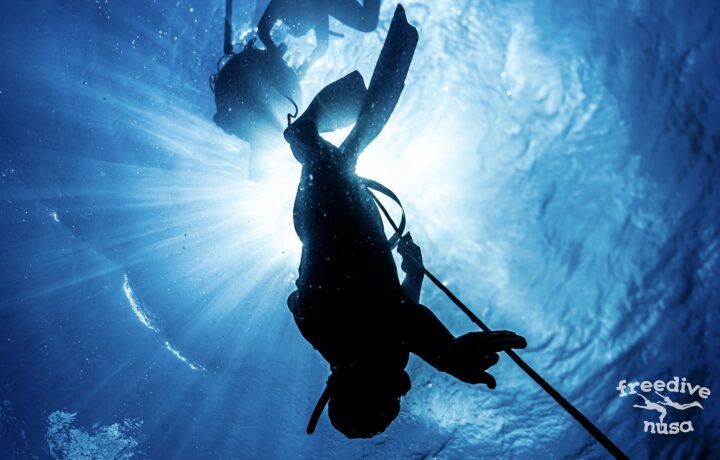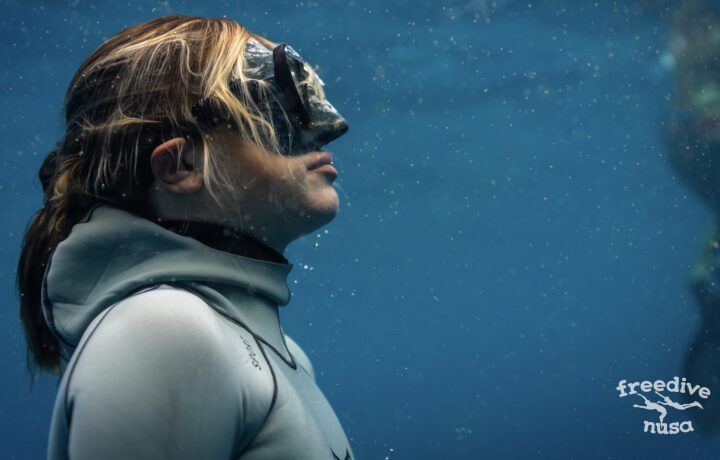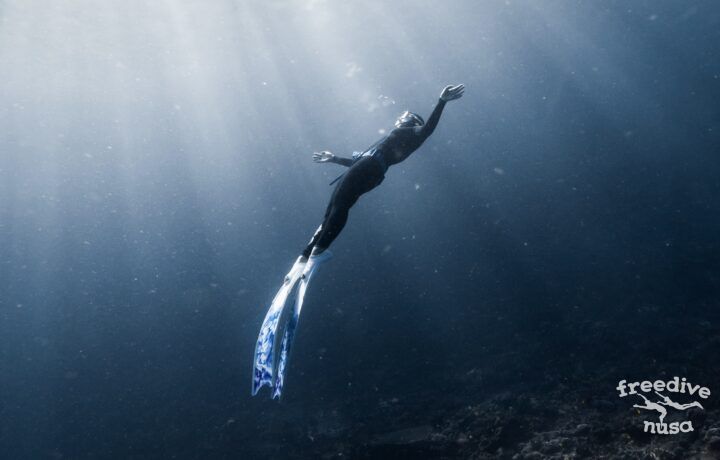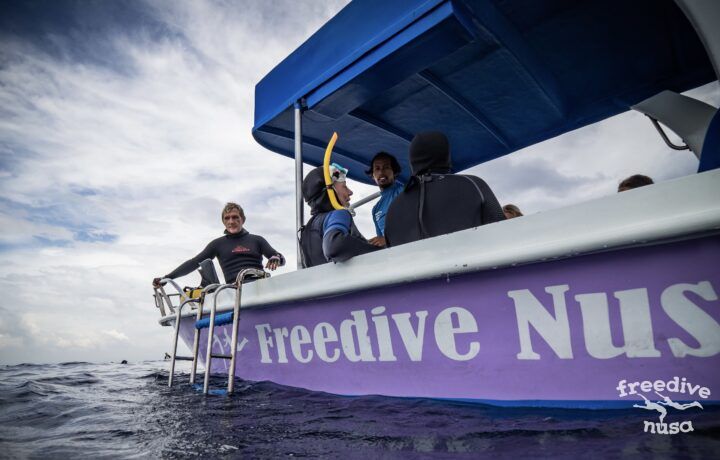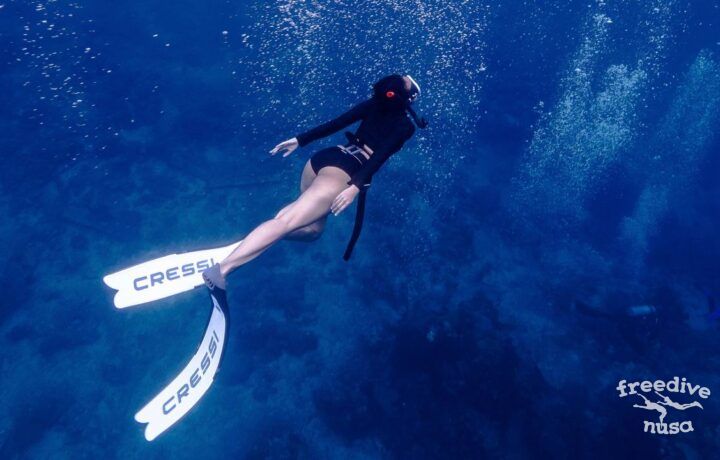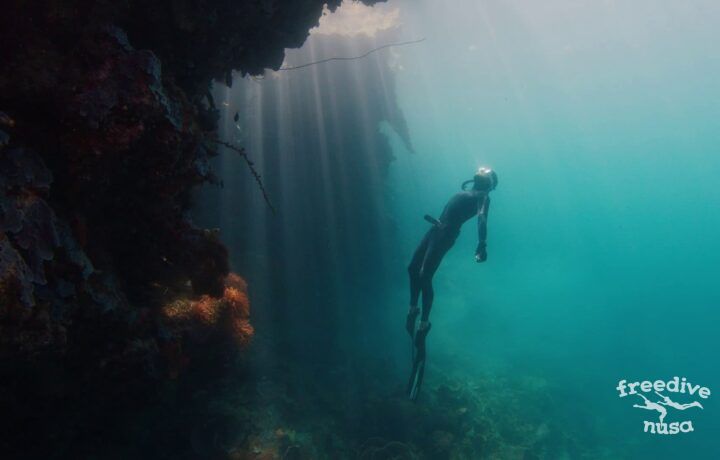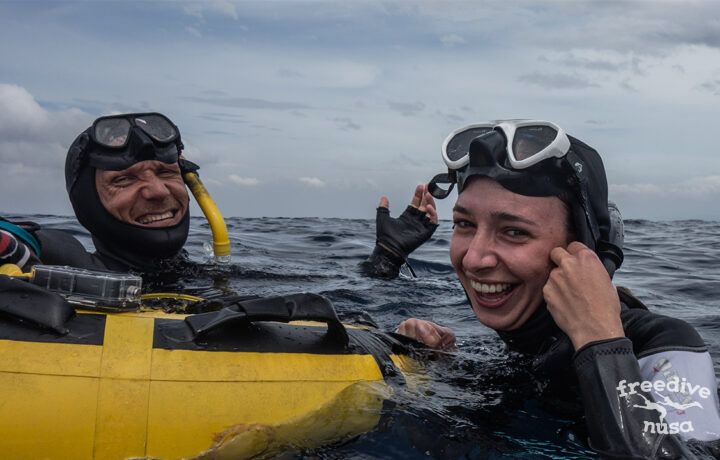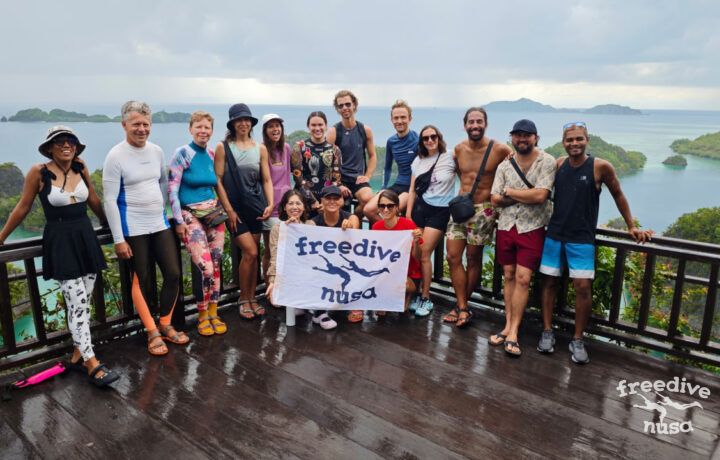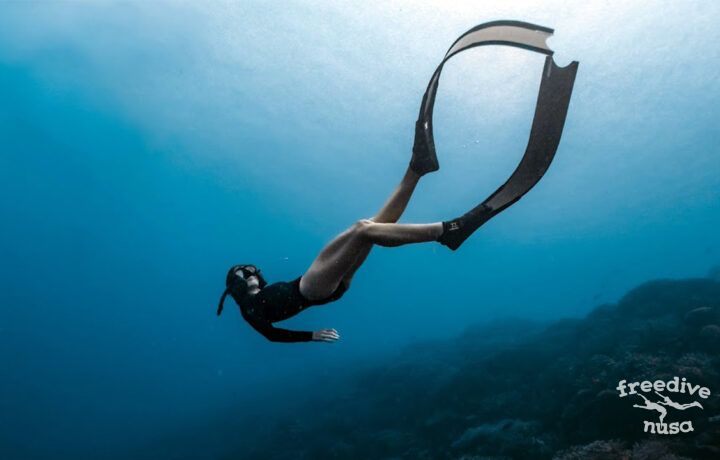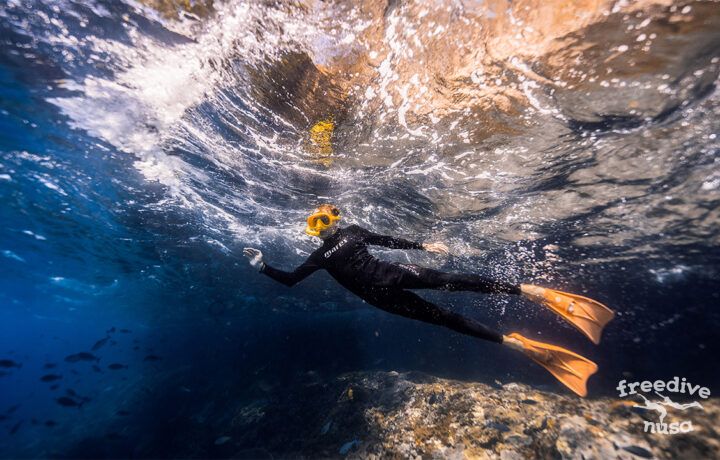Freediving presents a unique paradox. The most critical skills appear so simple that their difficulty often surprises new divers. True mastery lies not in spectacular feats of endurance but in refining these foundational techniques. Here, we analyze the 7 core skills where subtlety triumphs over strength, and why competence in them defines a proficient freediver. 1. The Duck Dive The initial submersion sets the tone for your entire dive. An …
